

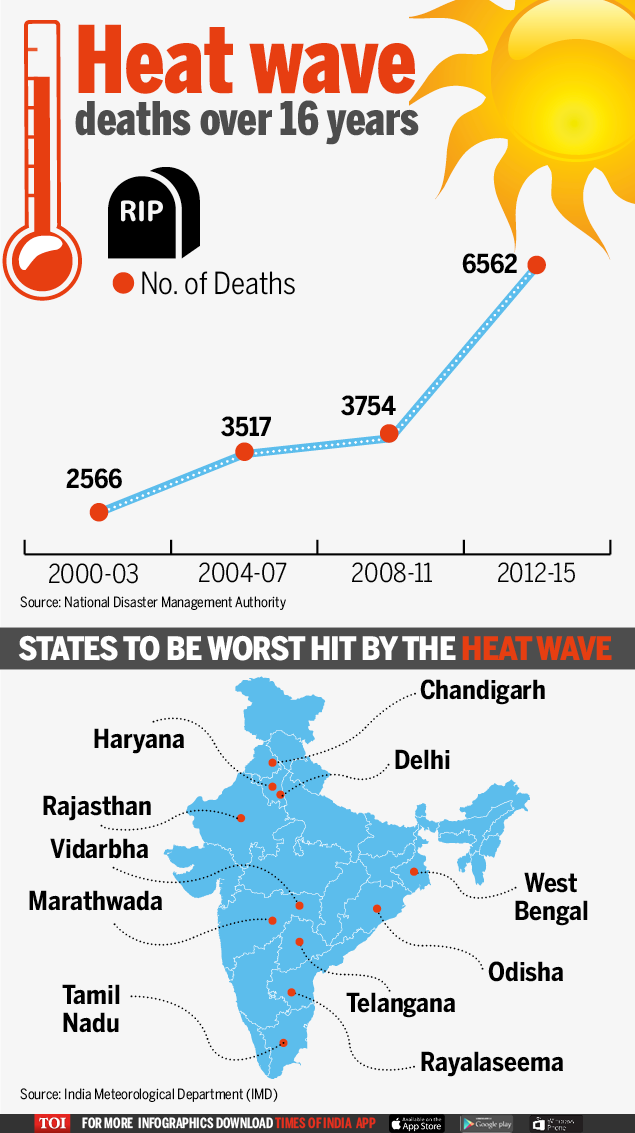
As a heatwave sweeps across India, 40+ suspected deaths have been reported, with 25 casualties among poll staff in Uttar Pradesh and Bihar. These fatalities have also been recorded in other states such as Odisha, Jharkhand, and Rajasthan, bringing the total number of heat-related deaths to five. The soaring temperatures have also caused water scarcity in some parts of the country, leading to long queues and difficulty in securing enough water for daily needs. The India Meteorological Department predicts some relief in the coming days but heatwave conditions are still prevalent in many regions.
Heatwave Scorches India, Claiming Lives and Disrupting Daily Life
Soaring temperatures have gripped India, leading to a deadly heatwave that has claimed the lives of over 40 people across several states. Among the victims are 25 poll staff who succumbed to the scorching conditions while on duty during the recent Lok Sabha elections.
Background
India is prone to extreme heat during the summer months, particularly in the northern and central parts of the country. The current heatwave is believed to be the result of a combination of factors, including a delayed onset of the monsoon season and prevailing high-pressure conditions.
Impact
The heatwave has had a severe impact on daily life in India. Temperatures have soared to record highs, with some regions experiencing temperatures exceeding 45 degrees Celsius (113 degrees Fahrenheit). The extreme heat has led to water scarcity in some areas, with residents facing long queues and difficulties in securing enough water for basic needs.
Casualties
As of current reports, at least 40 heat-related deaths have been reported from various states across India. Uttar Pradesh and Bihar have been the most severely affected, with 25 casualties reported among poll staff involved in the recent Lok Sabha elections. Other states where heat-related deaths have been recorded include Odisha, Jharkhand, and Rajasthan.
India Meteorological Department (IMD) Forecast
The India Meteorological Department (IMD) has predicted some relief from the heatwave in the coming days. However, heatwave conditions are still expected to prevail in many regions. The IMD has issued a warning for heatwave conditions in parts of Uttar Pradesh, Haryana, Rajasthan, and Madhya Pradesh.
Top 5 FAQs
1. What is a heatwave?
A heatwave is defined as a period of unusually high temperatures that can pose a risk to human health and well-being.
2. What are the symptoms of heatstroke?
Symptoms of heatstroke include high body temperature, profuse sweating, rapid heart rate, dizziness, nausea, vomiting, and confusion.
3. What are the precautions to take during a heatwave?
Drink plenty of fluids, avoid strenuous activities during peak heat hours, wear loose and light-colored clothing, and seek shade and shelter during the hottest part of the day.
4. What is the history of heatwaves in India?
India has a long history of heatwaves. In 2015, a severe heatwave killed over 2,000 people in several Indian states.
5. What is being done to address the issue of heatwaves in India?
The Indian government has implemented several measures to mitigate the impact of heatwaves, including issuing heat alerts, providing cooling centers, and developing early warning systems.
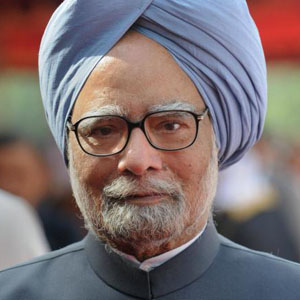
Former Prime Minister Manmohan Singh passed away at the age of 92 on Thursday at AIIMS Delhi. His death was confirmed by AIIMS in their bulletin, which led to an outpouring of condolences from leaders across the political spectrum. Singh, known for his role in shaping modern India with economic reforms, retired to his iconic bungalow in Lutyens' Delhi after stepping down from office in 2014.
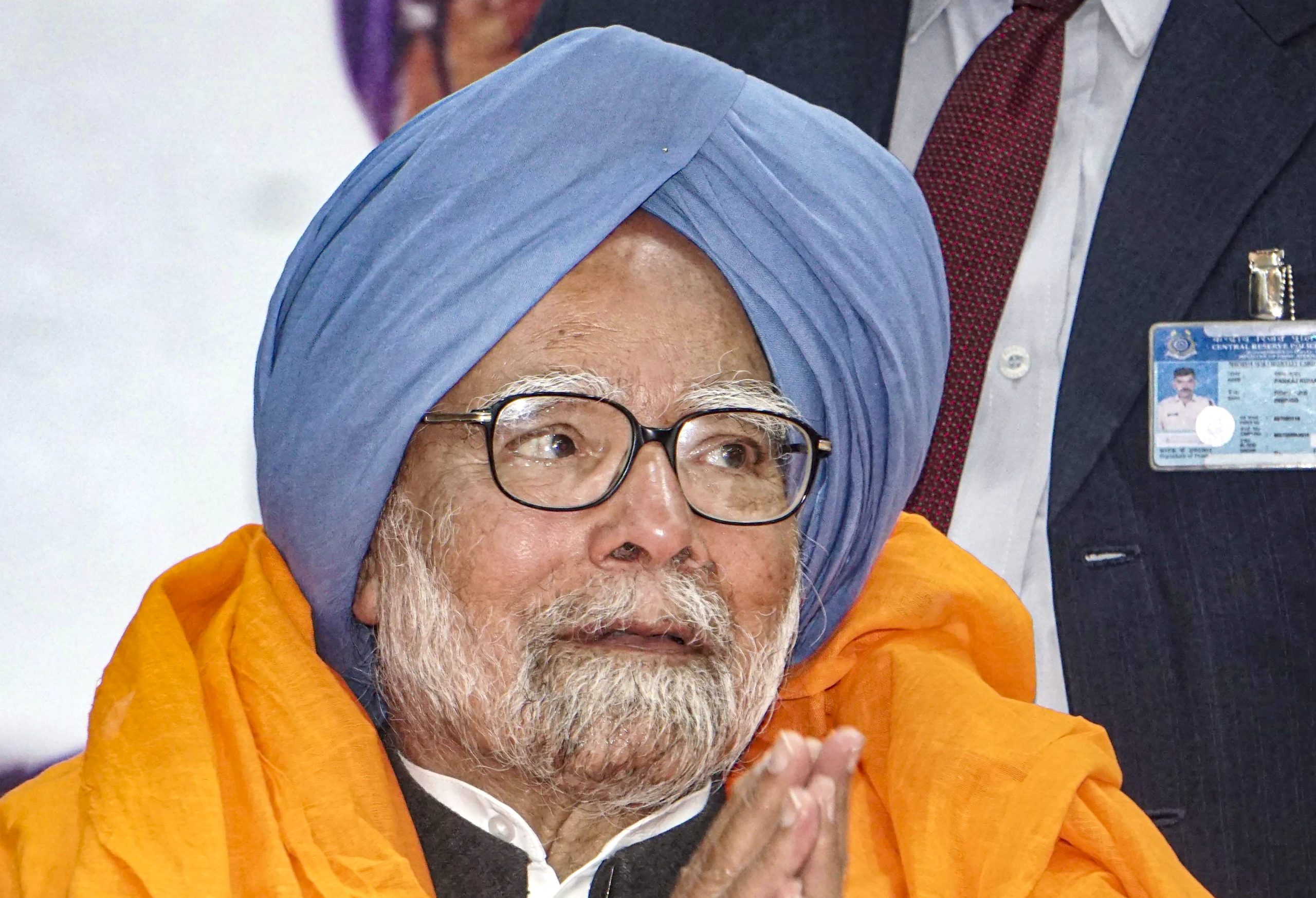
The passing of former Prime Minister Manmohan Singh at the age of 92 due to age-related health issues has left the nation in mourning. Singh, who was admitted to AIIMS Delhi on Thursday evening, is being remembered for his economic revolution and progressive changes during his tenure. Political figures, including Priyanka Gandhi's husband Robert Vadra, have expressed their condolences for Singh's family and praised his service to the country. This is a developing story, stay tuned for updates.
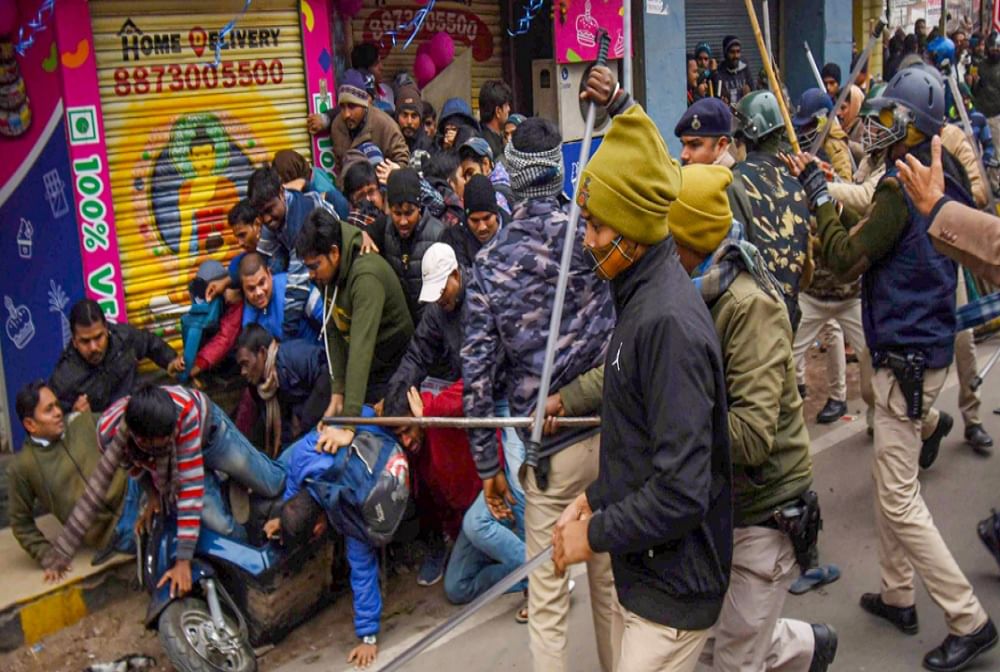
The streets of Patna, Bihar have been filled with chaos and tension as aspiring candidates for the Bihar Public Service Commission (BPSC) staged protests and attempted to gherao the BPSC office. With allegations of irregularities in the BPSC exams, the aspirants are demanding the cancellation and re-examination of the exam. The situation escalated when the protesting students were met with force by the police, leading to a standoff between the two groups.
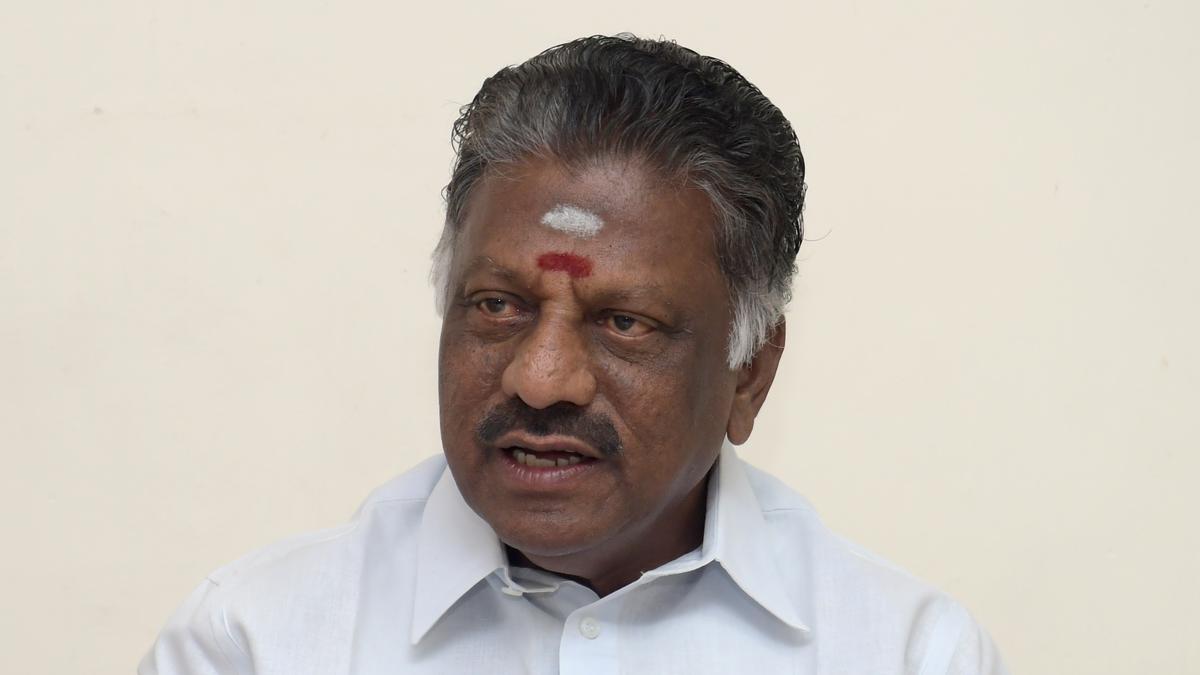
A viral post claims that Udhayanidhi Stalin mocked Hinduism and proclaimed himself as a proud Christian. However, our investigation revealed that the video was edited to misrepresent Stalin's remarks. In his full speech, Stalin also identified as a Muslim and a Hindu, promoting religious equality and unity. Reports and the original footage of the speech further prove that the viral video was misleading.
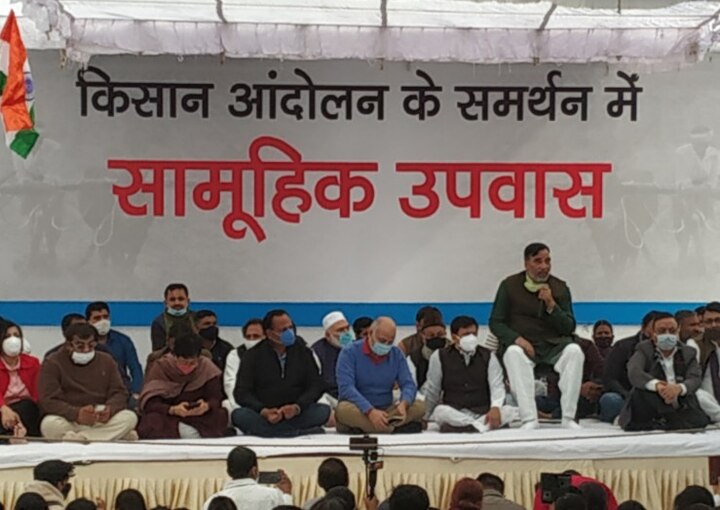
A delegation of Aam Aadmi Party (AAP) leaders, including prominent Ministers and MLAs, visited the Khanauri border to meet Jagjit Singh Dallewal, who is on a hunger strike for farmers' rights. Concerned about his deteriorating health, they urged him to seek medical treatment. The party also criticized the Central government for failing to fulfill its promises to the farmers and offered their support in the ongoing struggle.
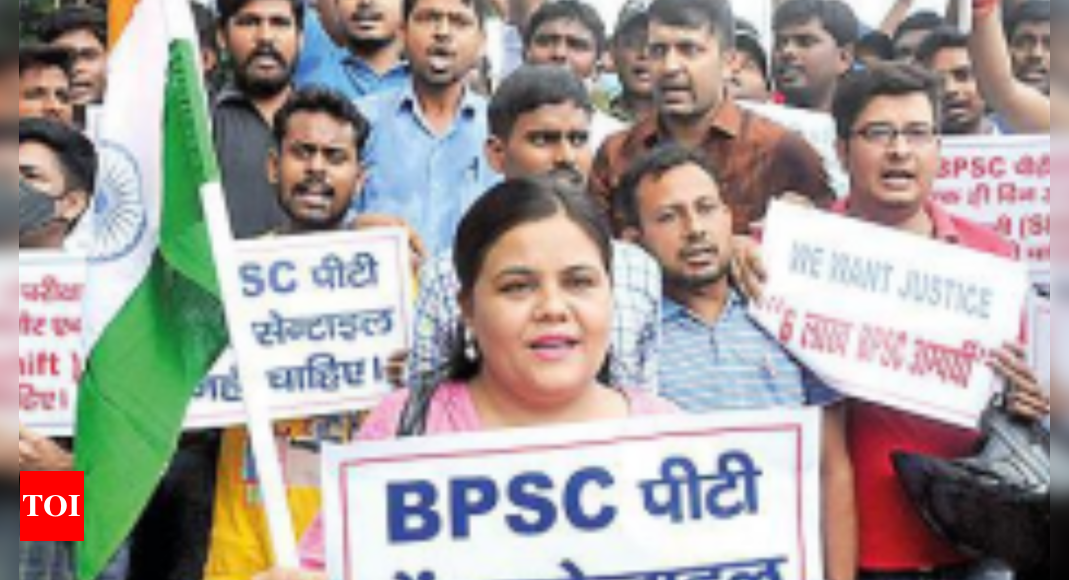
Aspirants of the Bihar Public Service Commission (BPSC) have been protesting for eight days now, demanding a re-examination of the 70th BPSC exam. Independent MP Pappu Yadav has joined the protest and appealed to opposition MPs and MLAs to show their support. YouTuber and educator Faisal Khan, known as Khan Sir, has also joined the protest and urged the BPSC to consider the plight of the students. The BPSC aspirants have previously met Bihar BJP President Dilip Jaiswal and have also protested against changes in the exam pattern and the normalisation process.
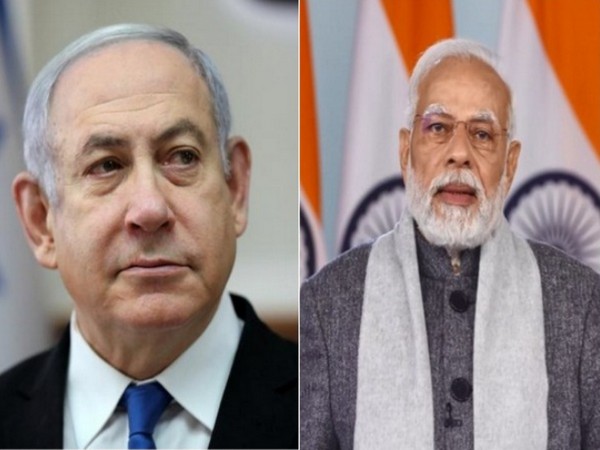
Indian Prime Minister Narendra Modi and President Droupadi Murmu wished Israeli Prime Minister Benjamin Netanyahu and the global Jewish community a happy Hanukkah, a festival that celebrates hope and freedom. In his message posted on X in English and Hebrew, PM Modi expressed his hope that the radiance of Hanukkah would bring peace, strength, and hope to everyone's lives. President Murmu also extended her warmest greetings to Israel President Isaac Herzog on this auspicious occasion.
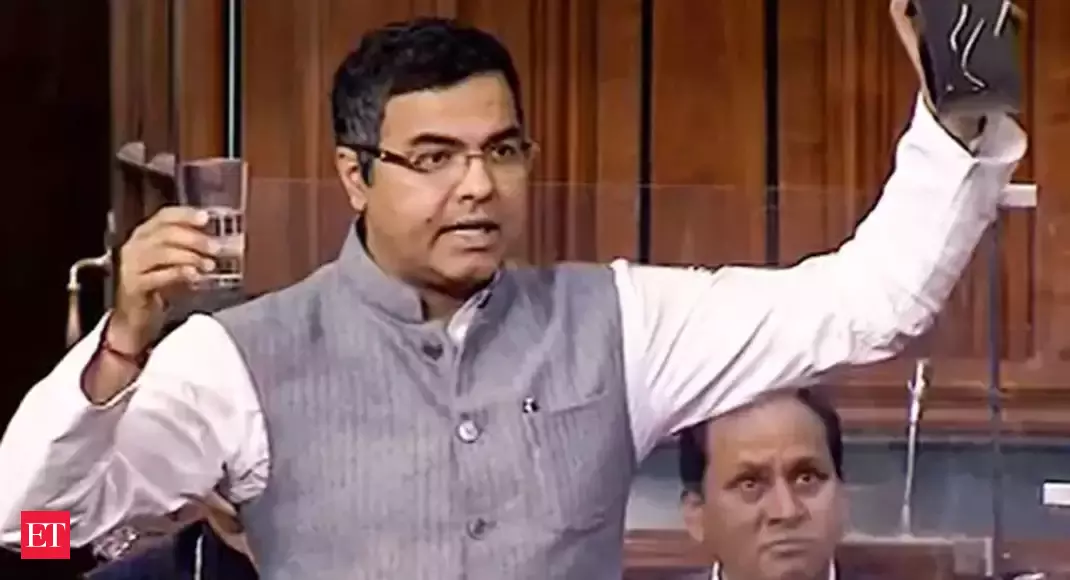
Delhi CM Arvind Kejriwal has accused the BJP of planning to declare Parvesh Verma as its chief ministerial face for the upcoming Delhi Assembly Elections. This comes amid a heated political battle between AAP and BJP, with Kejriwal claiming that the BJP is upset with the successful schemes launched by his party and is resorting to distributing money to sway voters. The authenticity of these claims has been debated, with Kejriwal challenging Delhi MP Bansuri Swaraj to resign if these accusations are found to be false.

Uttarakhand Chief Minister Pushkar Singh Dhami visited Madhya Pradesh to extend his greetings to CM Mohan Yadav on the completion of one year in office. Dhami, along with Yadav, inaugurated the renovated Lakha Banjara Lake and laid the foundation stone for various public welfare projects in the Bundelkhand region. Dhami praised the progress of the region under Yadav's leadership and also mentioned the upcoming visit of PM Narendra Modi to lay the foundation of the Ken-Betwa river interlinking project.

Government leaders from across the country came together in Delhi at a special ceremony to pay their respects to former Prime Minister Atal Bihari Vajpayee on his 100th birth anniversary. CM Chandrababu Naidu praised Vajpayee's leadership and his significant contributions to India's development, stating that his vision and ideas will always be remembered. Vajpayee, who passed away in 2018, was known for his leadership and important role in shaping India's future.